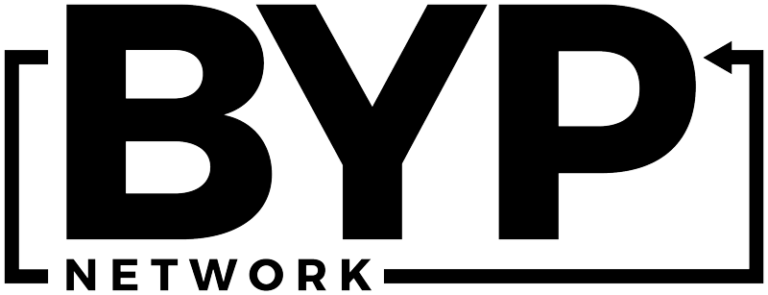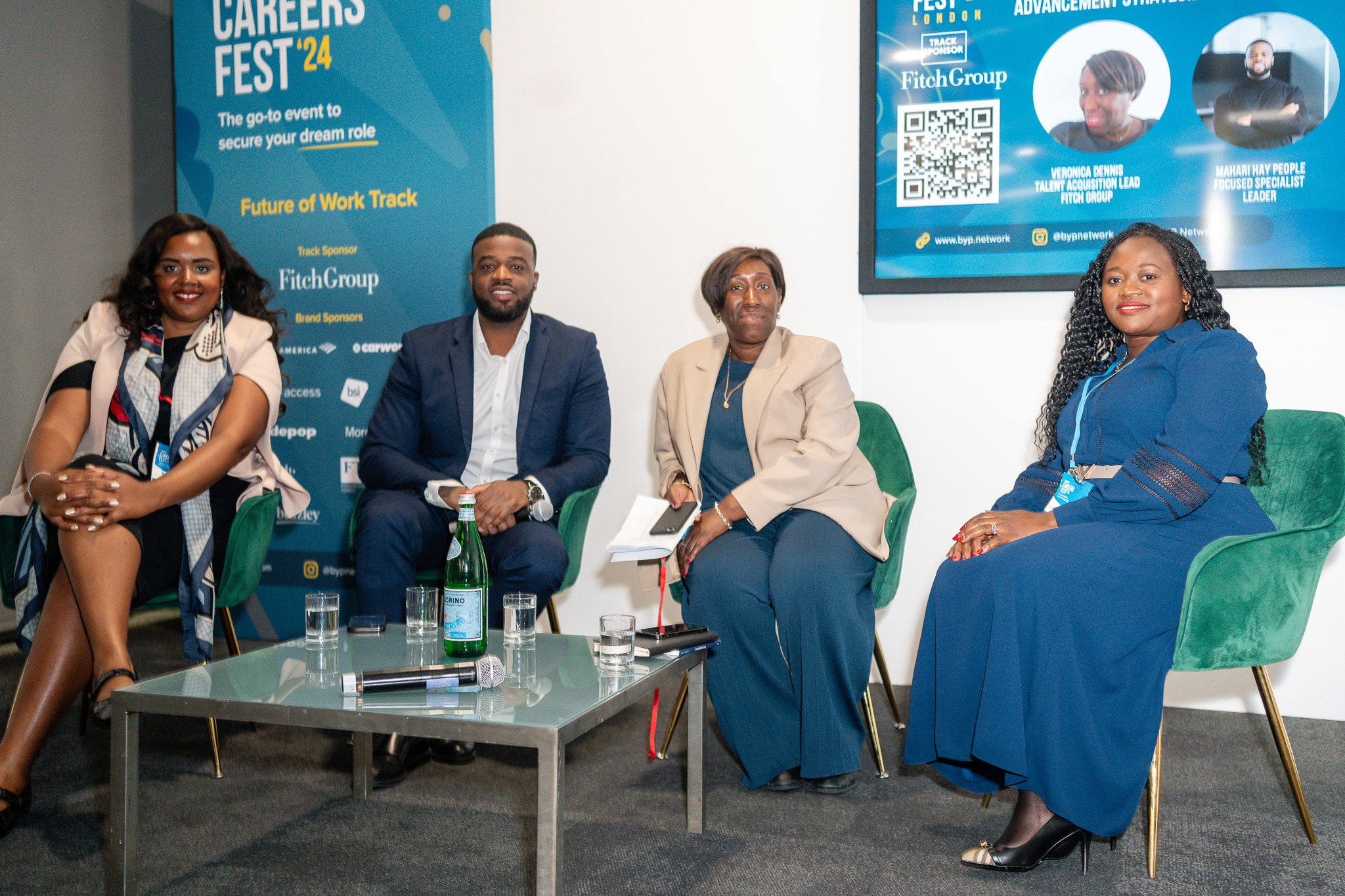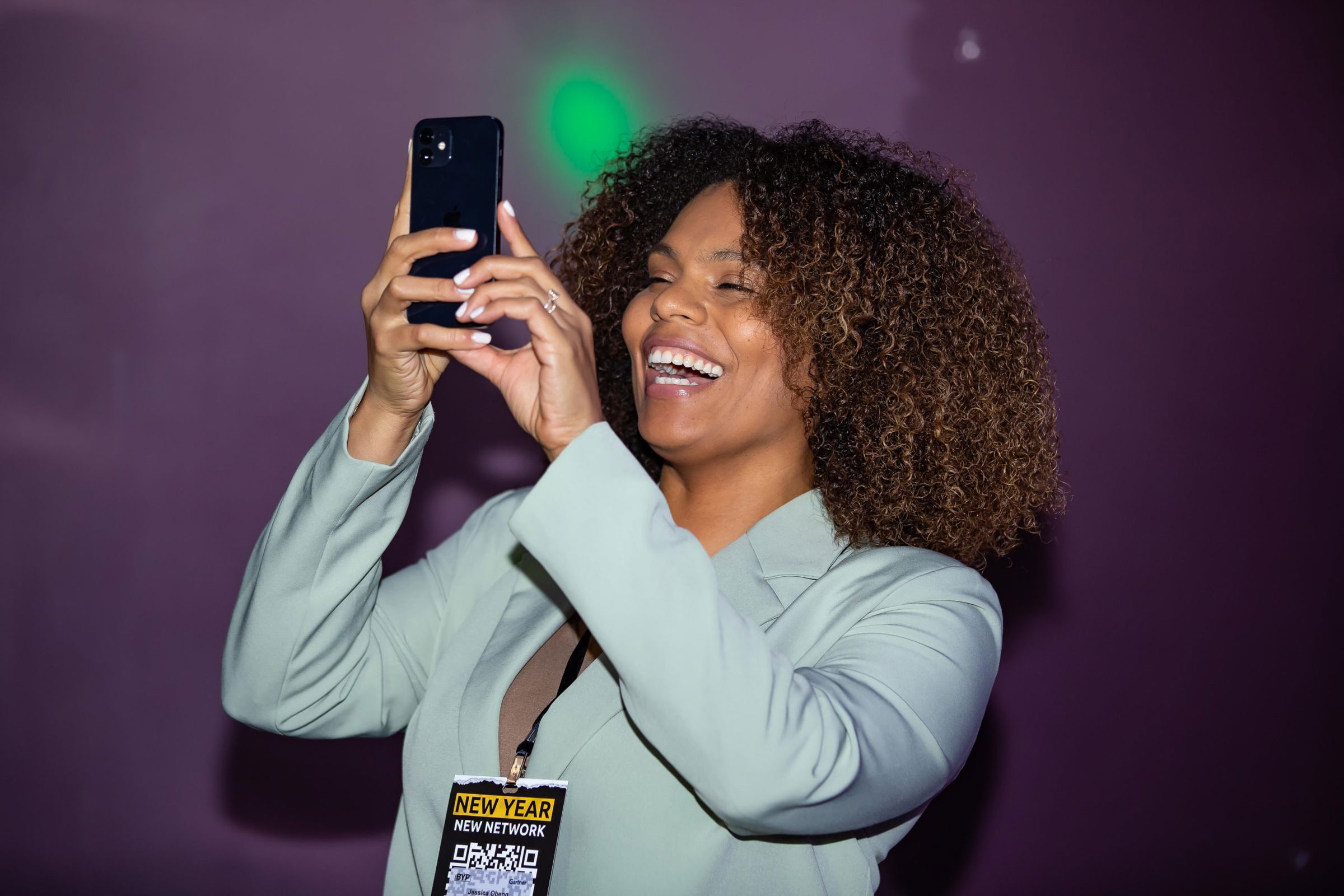In the three years since she joined the “pioneering” bank and financial services firm Zopa, Nicole Nelson has prioritized self-development, taking on the initiative to learn as much as she could about the company, its line of products, and the way in which its customers interact with the brand. As a result, she’s quickly moved up the ranks, from Key Account Manager to Senior Product Associate. Counting bold, empowered women like Maya Angelou and Issa Rae amongst her inspirations, Nicole has developed her own way to navigate the workplace, fearlessly centering her Blackness, but in a way that centres her fully: being vocal and affirmative while making sure to protect her peace.
We recently asked Nicole to share some of the ways in which she continues to push herself professionally, her thoughts on allyship and microaggressions; and what changing the Black narrative looks like to her.
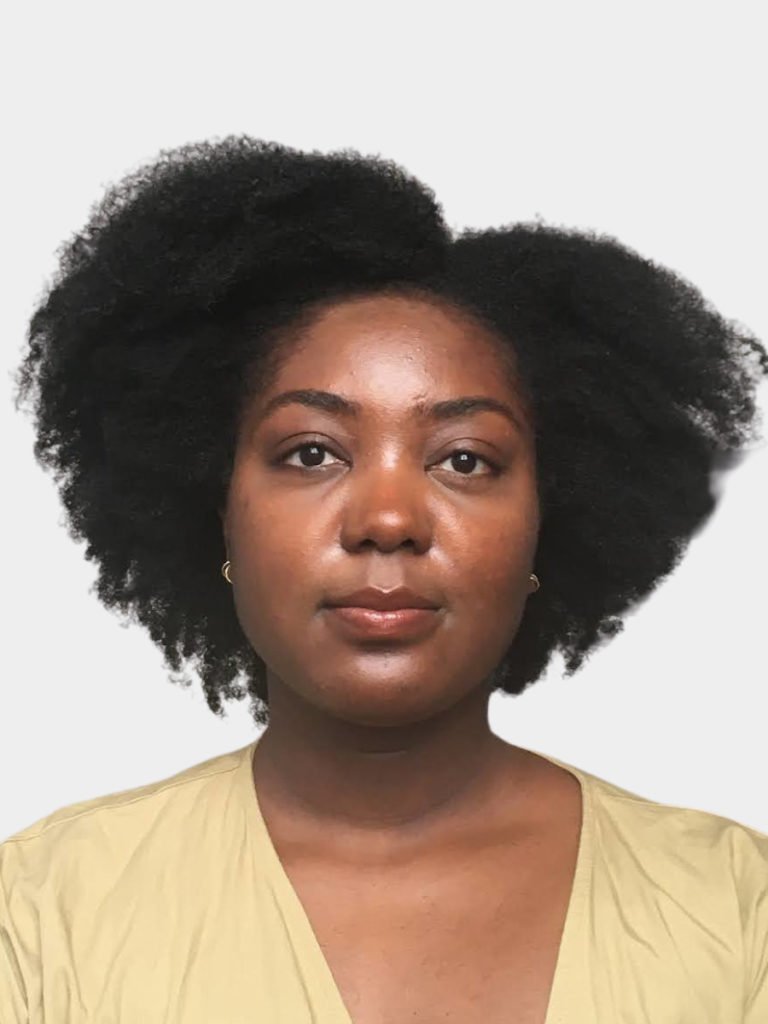
BYP: Name some of the ways you invest in yourself to continuously improve your craft
Nicole Nelson: I spend a few hours a week developing my product knowledge through conversations with senior product managers in the business. These sessions are usually unstructured and allow the space to bounce ideas around or ask questions. Occasionally, this time is spent deep-diving into a particular business problem or phase in the product development cycle. I also take part in Zopa’s mentoring programme and use this as an opportunity to learn from the experiences of a product manager a few stages ahead of me in their career. Additionally, I’m currently completing a product management course to further improve my knowledge of agile principles and PM best practices.
BYP: Name two of your top Black role models and how they inspire you.
Nicole Nelson: Maya Angelou is one of my biggest inspirations. She faced everything from opposition, to rejection, to racial discrimination and continued to choose love and grace and mercy again and again. Her career, and her legacy, goes beyond her professional achievements. She’s not just remembered as an incredible writer and poet, but also a civil rights activist and a game-changer. Another role model of mine is Issa Rae. Her rise from the self-funded web series, “Awkward Black Girl” to the founder of her own record label and production company is indicative of her consistency, perseverance, and talent. Most importantly, I’m inspired by her unapologetic support of Black people; she is a vocal advocate for civil rights and was notably quoted for “rooting for everybody Black”. Her pro-blackness is reflected in her work – she is unafraid of creating content specifically for Black people, without concern for whether or not it will cater to the majority culture.
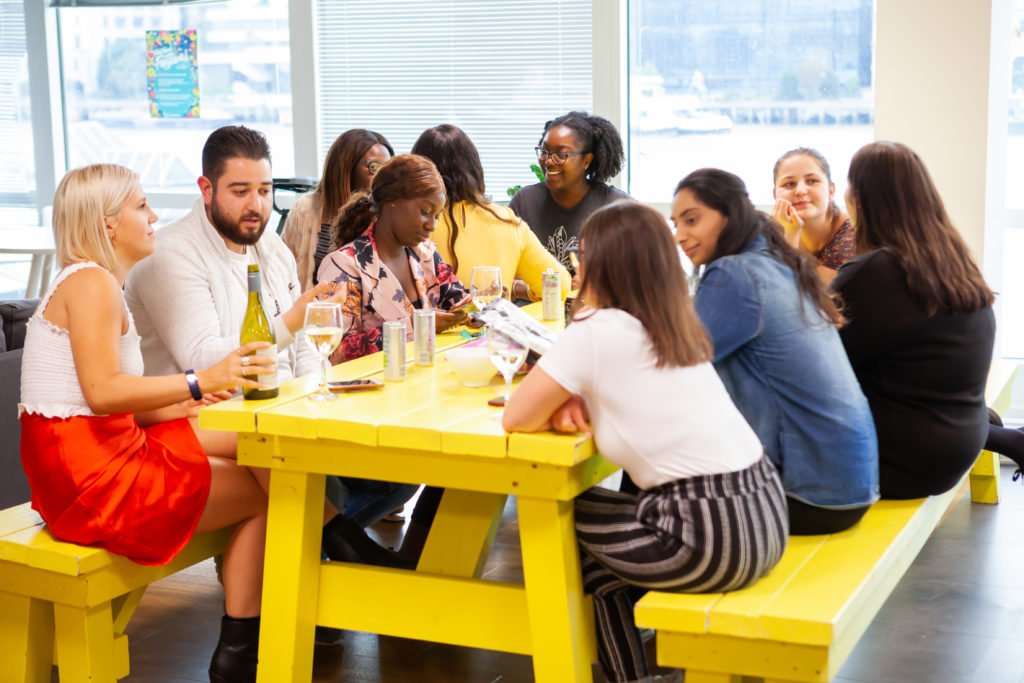
BYP: What advice would you give concerning Black professionals who deal with microaggressions in their workspaces?
Nicole Nelson: I prefer to call racially driven interactions what they are, rather than use the more palatable term of “microaggressions.” However, I do appreciate that this word has helped articulate experiences that we had previously struggled to explain to others. I would advise that Black professionals call out racism in whatever form it takes, regardless of how uncomfortable it may make others feel. Yes, it takes boldness and a certain amount of audacity, but I believe that there has never been a more conducive climate for these sorts of discussions than the one we’re currently in. I’m grateful for that and, at the same time, think we have a lot of progress to make. It’s unfortunate that the oppressed are tasked with leading this effort. Nonetheless, progress won’t be achieved unless we confront racism at every turn.
That being said, I would also advise other Black professionals to give themselves grace. Calling out racism is exhausting. When you don’t have the energy, it’s perfectly acceptable to preserve your peace and simply excuse yourself from the situation. There have been some occasions where I have simply walked away from an ignorant conversation or, more recently, muted my audio and turned off my camera.
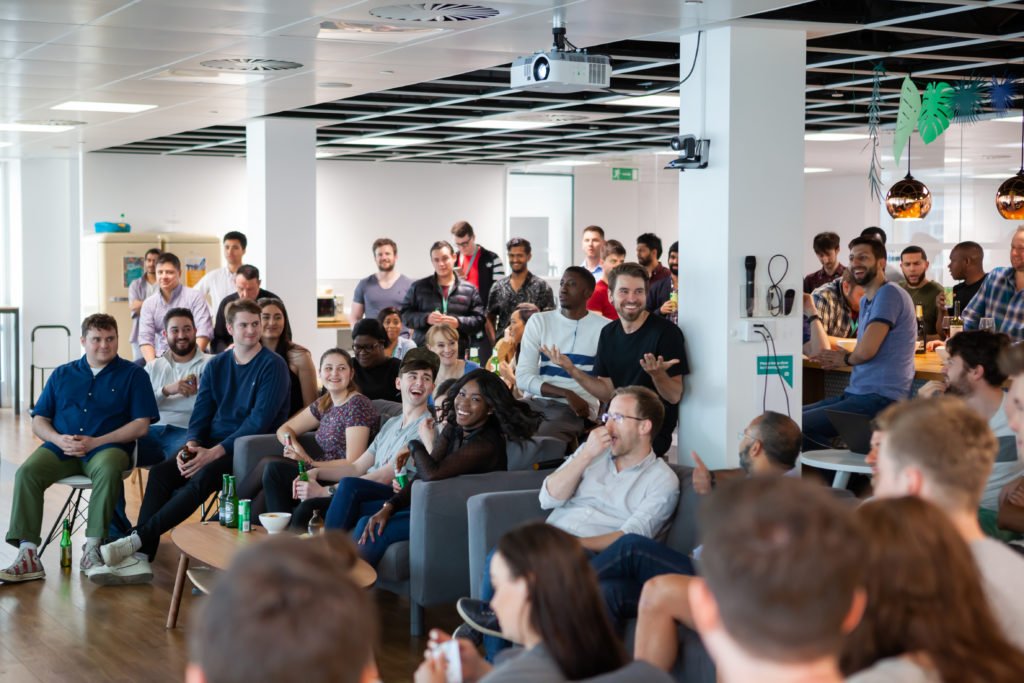
BYP: What are some of the ways people can illustrate their allyship concerning Diversity & Inclusion?
Nicole Nelson: Performative allyship is always more of a hindrance than a help. I would suggest that allies make time for regular and honest self-reflection. Frequently checking their motivations and assessing their direct and indirect contributions to racism will help people evolve beyond efforts that require little of them, such as simply posting a black square on their social media. I would also encourage allies to make use of the countless resources available to educate themselves on the Black experience, rather than to question Black colleagues and acquaintances, expecting responses that go beyond their individual experiences.
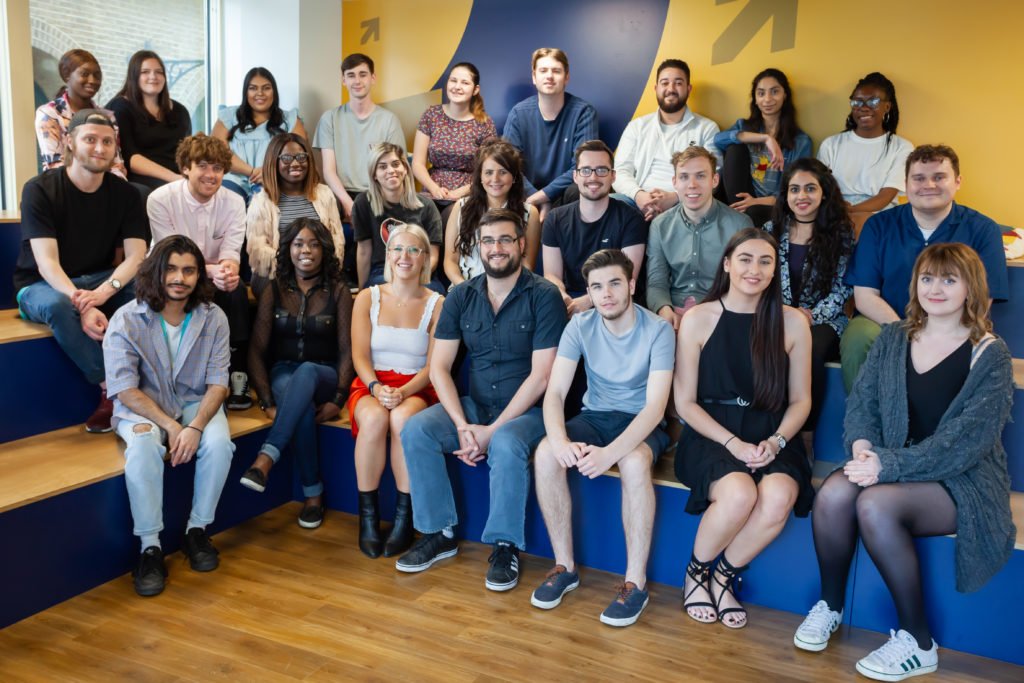
BYP: What does changing the Black narrative look like to you?
Nicole Nelson: To me, this looks like Black people existing in white-majority spaces without expectations being placed on them to behave in a particular way. This looks like Black people having the freedom to be themselves and produce good work without the pressure of representing an entire people group or the pressure to work twice as hard to get half the recognition.
BYP: Do you have daily actions you take to help change the Black narrative within or outside your establishment?
Nicole Nelson: Each day, I aim to resist the urge to be anything but myself. As much as possible, I call out racism when I see it. I also make an effort to share my experiences with my Black friends and colleagues and facilitate a safe and supportive environment for difficult conversations.

To learn more about Zopa or to apply for their available opportunities please visit their BYP jobs board here.

